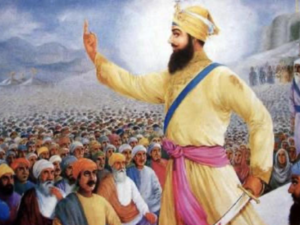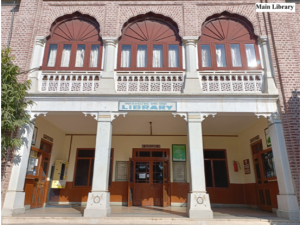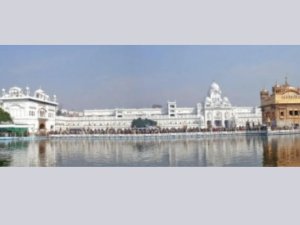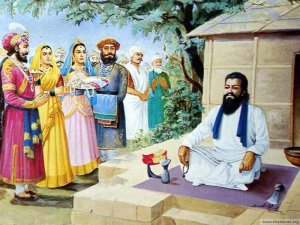The Sikh community, which has historically been at the forefront of India's socio-political and military landscape, has faced significant challenges in the post-independence period. One of the most pressing concerns has been the prolonged incarceration of Sikh detainees, often referred to as ‘Sikh Bandis,’ who continue to languish in prisons despite completing their sentences. This phenomenon raises fundamental questions about justice, equity, and the very ethos of the Indian Republic, which claims to uphold democratic and secular values.
Sikhs have played a pivotal role in shaping the destiny of India. From resisting Mughal oppression under the leadership of Guru Hargobind Sahib, Guru Gobind Singh ji, and Banda Singh Bahadur to actively participating in the Indian independence movement, their contributions have been unparalleled. However, post-1947, the policies of the Indian state have often positioned Sikhs as secondary stakeholders in the nation’s progress. The most egregious instances include the 1984 anti-Sikh pogroms and the subsequent political alienation of Sikhs, culminating in disproportionate arrests and prolonged detentions.
The aftermath of Operation Blue Star and the anti-Sikh riots saw mass arrests of Sikh youth, many of whom were imprisoned under draconian laws such as the Terrorist and Disruptive Activities (Prevention) Act (TADA) and later the Unlawful Activities (Prevention) Act (UAPA). While such laws were ostensibly designed to curb militancy, they were selectively applied, leading to gross human rights violations.
A glaring issue is the continued imprisonment of Sikh detainees who have completed their judicial sentences. In several cases, the government has failed to grant parole, remission, or release, which is otherwise a norm in similar cases involving other communities. This selective application of law underscores a systemic bias that treats Sikhs as second-class citizens.
This violation of legal and human rights stands in stark contrast to India’s constitutional guarantees, particularly Articles 14 (right to equality), 21 (protection of life and personal liberty), and 25 (freedom of religion). The failure to release these prisoners despite legal mandates reflects a deeper prejudice, which demands urgent judicial intervention.
Sikhs have been instrumental in the defense, agriculture, and economic sectors of India. The Indian Army, comprising a significant number of Sikh soldiers, has defended the nation in multiple wars. Punjab, the heartland of Sikhism, remains the food bowl of India, sustaining millions. Without the contributions of Sikhs, India's development and security would be severely compromised.
Yet, despite their indispensable contributions, Sikhs continue to suffer from political and legal discrimination. The denial of justice to Sikh prisoners is symptomatic of a larger issue—an institutionalized effort to marginalize a community that has given its blood and sweat for the nation.
It is imperative for the Honourable Supreme Court of India to intervene in this matter with urgency. The judiciary, as the guardian of constitutional rights, must ensure that Sikh detainees receive fair and just treatment. The government, too, must acknowledge the historical injustices and work towards reconciliation by releasing those who have completed their sentences.
A nation that thrives on justice and fairness cannot afford to treat its most loyal and hardworking citizens with such indifference. The Sikh community’s role in nation-building is undeniable, and it is high time their contributions are respected, and their rights upheld.
India without Sikhs is unthinkable, and ensuring justice for Sikh prisoners is not just a legal necessity but a moral imperative. As the festival of Vaisakhi symbolizes renewal, justice, and the indomitable spirit of the Khalsa, the Government of India must honor this sacred occasion by granting the long-overdue freedom to all Sikh prisoners. Let Vaisakhi herald not just the harvest of crops but also the harvest of justice and dignity.





